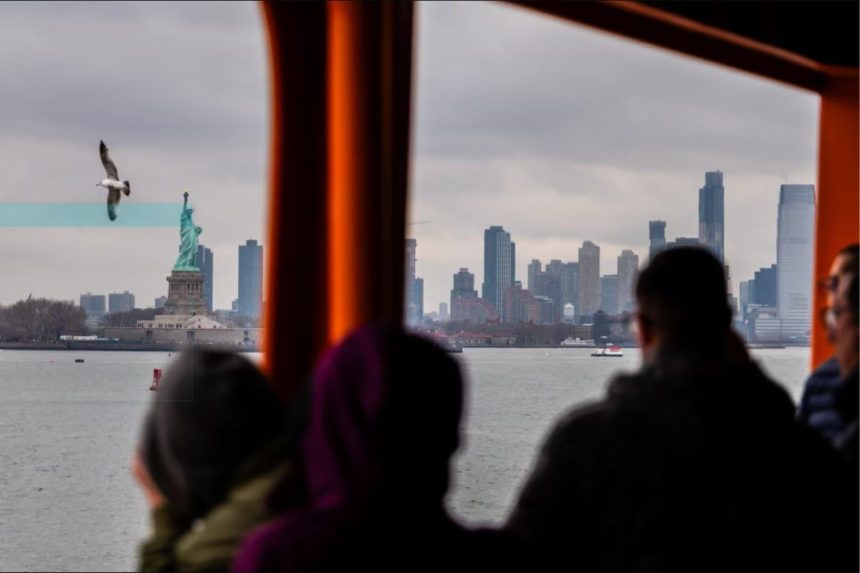
The U.S. State Department is moving forward with a plan to introduce visa bonds of up to $15,000 for certain business and tourism visa applicants, according to a draft of a temporary final rule published in a federal notice.
The proposed bonds would apply to nationals from countries with high rates of visa overstays and would be part of a 12-month pilot programme. The idea is to test whether requiring bonds could help ensure that visitors leave the U.S. before their visas expire.
This marks a return to an earlier initiative first announced in November 2020, shortly after then-President Donald Trump lost the election to Joe Biden. That earlier plan aimed to apply a $15,000 bond requirement to travellers from around two dozen countries, primarily in Africa, with visa overstay rates of 10% or higher. However, the programme was never implemented.
The updated proposal is scheduled to appear in the Federal Register on 5 August.
“The Pilot Program will enable the Department to assess the operational feasibility of posting, processing, and discharging visa bonds, in coordination with the Department of the Treasury (‘Treasury’) and the Department of Homeland Security (‘DHS’), and to inform any future decision concerning the possible use of visa bonds to ensure nonimmigrants using these visa categories comply with the terms and conditions of their visas and timely depart the United States,” the notice states.
According to the notice, the State Department will publish the list of affected countries on the Travel.State.Gov website no fewer than 15 days before the programme begins. Any updates to the list will also come with 15 days’ notice.
Under the proposed rules, travellers would get their bond refunded if they leave the U.S. on time, become naturalised citizens, or in the event of their death, as per regulations from the Department of Homeland Security (DHS) and Immigration and Customs Enforcement (ICE).
The pilot scheme reflects broader efforts by the U.S. government to manage visa compliance. During the Trump administration, various immigration restrictions were introduced, including ending temporary protected status for some migrants and halting immigration visas from 12 countries.
More recently, the State Department has also updated guidance for issuing student and exchange visas. Under new rules, U.S. diplomats are instructed to review applicants’ online activity. Students who decline to provide access to their social media accounts may be viewed as trying to conceal information from U.S. authorities.
ALSO READ TOP STORIES FROM NIGERIAN TRIBUNE
WATCH TOP VIDEOS FROM NIGERIAN TRIBUNE TV
- Let’s Talk About SELF-AWARENESS
- Is Your Confidence Mistaken for Pride? Let’s talk about it
- Is Etiquette About Perfection…Or Just Not Being Rude?
- Top Psychologist Reveal 3 Signs You’re Struggling With Imposter Syndrome
- Do You Pick Up Work-Related Calls at Midnight or Never? Let’s Talk About Boundaries






